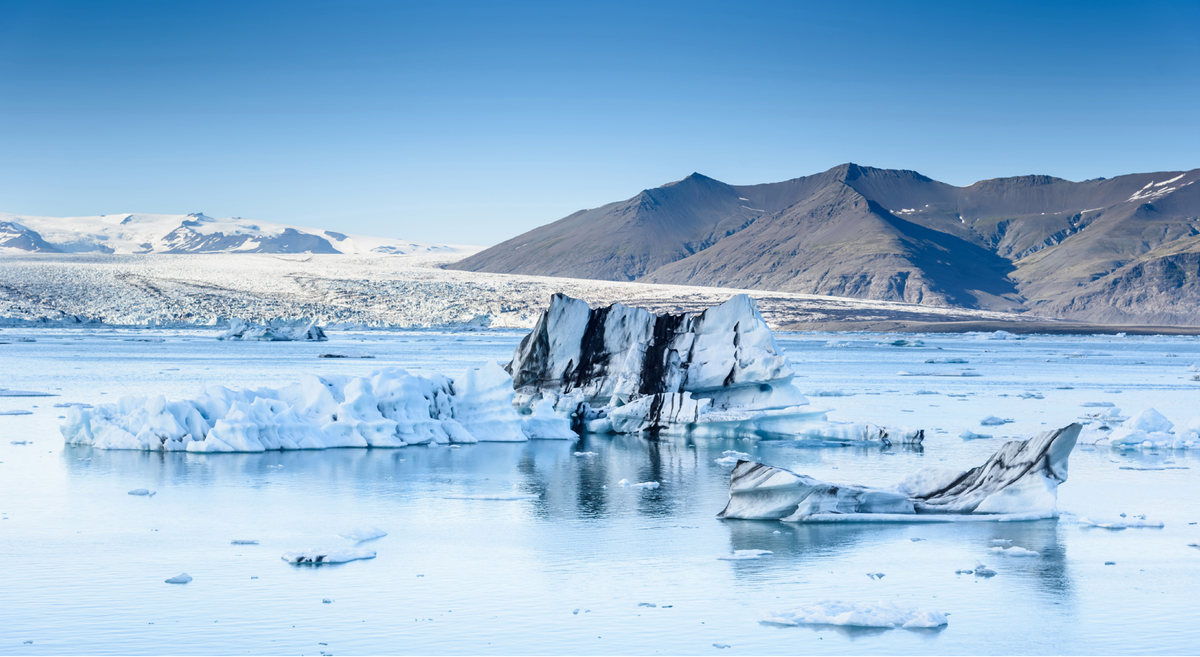The IPCC’s collaboration with the UN’s is a blessing and a curse
While the UN and IPCC collaboration grants funding and lends its reports legitimacy, it can also lead to politically motivated input.

The UN Intergovernmental Panel on Climate Change (IPCC) is tasked with creating periodic reports, reviewing scientific literature and compiling the latest research to provide to policymakers and the public. The organisation is intended to be objective and independent – it does not carry out any research of its own, and reports are carefully reviewed by thousands of scientists around the world. This has led to it becoming one of the leading authorities on climate change, with its reports influencing crucial pieces of legislature such as the Paris Agreement. The sixth edition of the IPCC’s assessment reports is in production, with the first section released ahead of COP26 in Glasgow.
The IPCC’s affiliation with the UN is both a blessing and a curse. While the UN’s backing grants the IPCC funding and lends its reports legitimacy, it comes at the cost of having to work through the organisation’s infamous bureaucracy. Government officials and other stakeholders are permitted to comment on the reports before they are released. While these changes will not make it into the final report, recent leaks showing suggestions made by some countries give an insight into the lengths some will go to in order to avoid responsibility.
Exporters of some of the world’s most carbon intensive resources have lobbied hard to remove references to their products being unsustainable. Representatives from Argentina and Brazil, two of the world’s largest beef exporters, made several comments requesting the removal of statements that highlight the destructive nature of their exports. It is not unfair for countries to want to protect their own interests, but doing so by disputing well reviewed scientific opinion will only make coming to an international agreement more difficult. Unfortunately, the UK does not hold the moral high ground in this regard either, with the Government having buried a report by an internal research group that comes to the same conclusions.
Fossil fuel exporters have also had their say on the results of the report. OPEC members, including Saudi Arabia, have been very vocal in their opposition of the report’s conclusions that the use of fossil fuels must be phased out in order to stay within the limits set by the Paris Agreement. These countries – not wanting to give up their cash cow just yet – argue the report is biased in its conclusions. They claim that the same effects can be achieved with Carbon Capture and Storage technologies (CCS); ignoring the fact that only one operational power station in the world employs CCS, and that the majority of CCS projects so far have been used to increase yields from natural gas fields. The Saudi advisor also espouses the benefits of Direct Air Capture (DAC), a technology that is both unproven and incredibly energy intensive. This, of course, makes perfect sense – if Saudi Arabia’s investment into DAC pays off, they can sell both the poison and the cure, while also funding another football club or two along the way. Such selfish interests do not bode well going into COP26.
In a rather ironic move, Australia is lobbying to remove references to how its legislature is massively influenced by fossil fuel lobbies. The country, one of the world’s largest exporters of coal, has joined forces with Japan, its largest customer, in trying to keep their coal industries afloat in this period of change. This is a sad thing to see: two highly developed countries clinging onto a relic of the past, for a cause that is not necessary. Australia has the largest known Uranium reserves in the world, and before the Fukushima disaster, Japan was building its nuclear generation capacity, supplying the country with a highly reliable and low carbon source of electricity. Public pressure has led to existing reactors shutting down and new projects being cancelled – of the 39 functional reactors in Japan, only 9 are still in operation. This lost capacity has been replaced in part with coal, an energy source that releases more radiation into the atmosphere than nuclear power.
It is important to note that these alterations will not make it into the final IPCC report – the reports are peer reviewed, and scientists making up the review panel will filter out the blatantly political and biased information. What is worrying, however, is the insight that these comments give us on the mindset of governments around the world. If world-leaders approach COP26 with the same combative mindset as they have done with this report, a Glasgow Agreement will not be making history.








